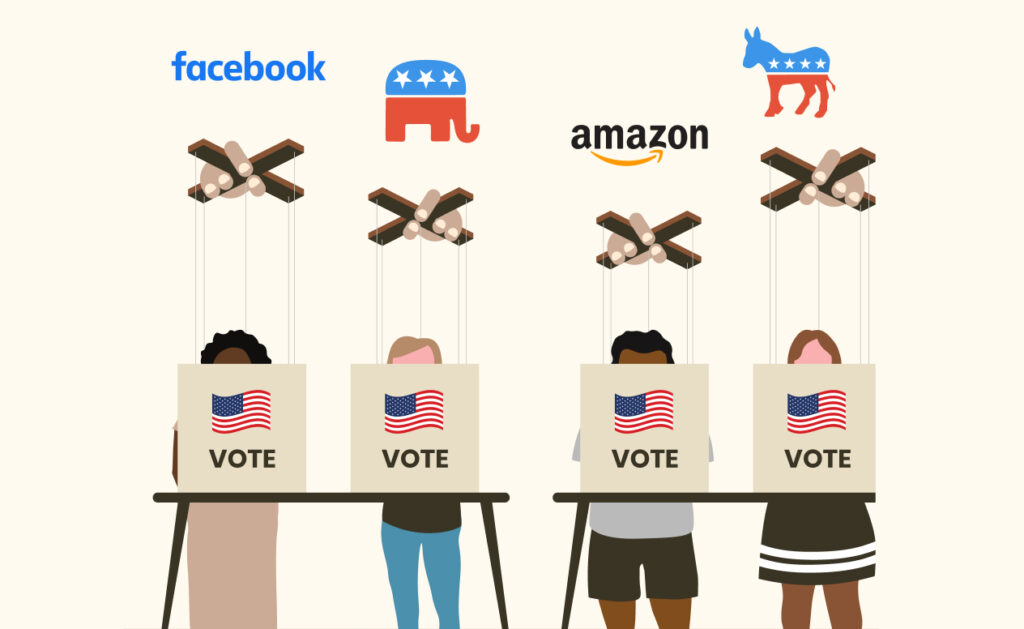
Gender-affirming care has been a hot topic for the entirety of Joe Biden’s presidency. As gender-affirming surgeries, puberty blockers, and other means of care become more prevalent throughout the world, certain institutions are taking a stand to protect impressionable youth and protect human dignity.
Just a few years ago, there were very few who supported gender-affirming care. Now, it’s hard to find any people or institutions willing to speak publicly against it. However, the tides are turning, and in the past few months, there has been more public attention on the negative effects of gender-affirming care and the surgeries that are often associated with it.
Here are just a few institutions publicly taking a stand against gender-affirming care.
National Health Services of England
In March, the National Health Services of England outlawed prescribing puberty blockers at clinics as a means of treating gender dysphoria. Without enough research confirming the safety of such measures, the NHS took a stand to ensure the safety of all children. This move will ensure that no child can have their development altered in a way they may regret later in life.
While many disagree with this decision, NHS has not overturned its ruling because of public outcry. Instead, it has stood firm, and England remains a country where access to gender-affirming care is limited.
The Vatican
This month, the Vatican released Dignitas Infinita, or Infinite Dignity, which outlined threats to human dignity throughout the world. Gender theory and transgender surgery were both listed in the document. This statement from the Church reinforces the belief that all were created in God’s image. The Vatican believes that by attempting to reassign the gender of a particular person, the physician or person conducting such surgeries is committing an affront to human dignity.
In the same document, The Vatican also reinforced the Church’s stance on abortion, stating that all human life must be cherished from the moment of conception.
Nearly Half of US States
Nearly half of the states in the US have enacted laws that ban gender-affirming care in some capacity. Most of these laws are targeted at protecting children from receiving such care. Specific states have made it illegal for youth to receive any care, while others have strictly focused on gender-affirming surgeries that are irreversible.
Access to gender-affirming care is generally dependent on whether or not one lives in a red or blue state. Nearly every single state that has limited access to gender-affirming care either voted for Donald Trump in the 2020 election or has a Republican Governor.










